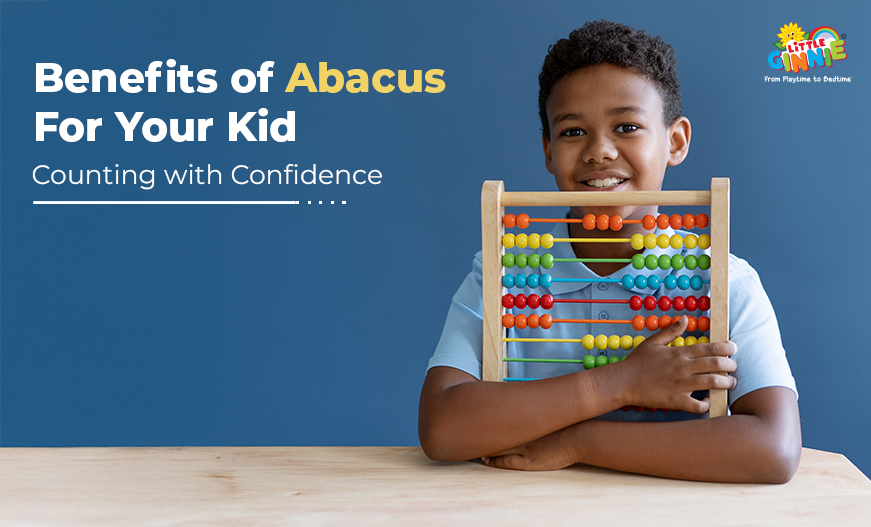Currently Empty: ₹0.00
Activities for Toddlers at Home
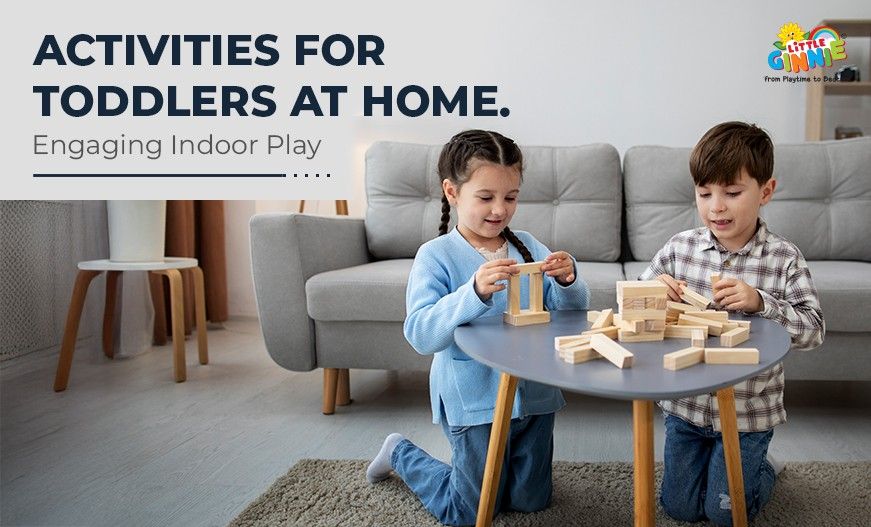
Written By: Pinky Kharata
Published By: Satya Narayan Pandey
Toddlers are full of enthusiasm and curiosity and just want to discover the world around them. Having simple and fun things to do with them helps cultivate their development. From arts and crafts to sensory play, the key is to choose activities that encourage creativity, motor skills, and learning. These activities for toddlers at home are easy to set up and enjoy.
Whether it’s stacking blocks, playing with water, paints, learning poems or numbers, these activities can help toddlers build their cognitive, social, and emotional skills. The beauty of at-home activities is that they don’t need to be complicated or involve costly materials. Parents have to use their imagination and have a little time on their hands. So, let’s dive into some creative ideas that can keep your little one entertained.
Top 14 Activities for Toddlers at Home
Keeping toddlers engaged at home is a hefty task. However, it is beneficial for their development and could be made fun. Parents can keep their toddlers engaged in activities like coloring, sensory play, dancing, and building blocks. These activities engaged toddlers’ motor skills along with hand eye coordination.
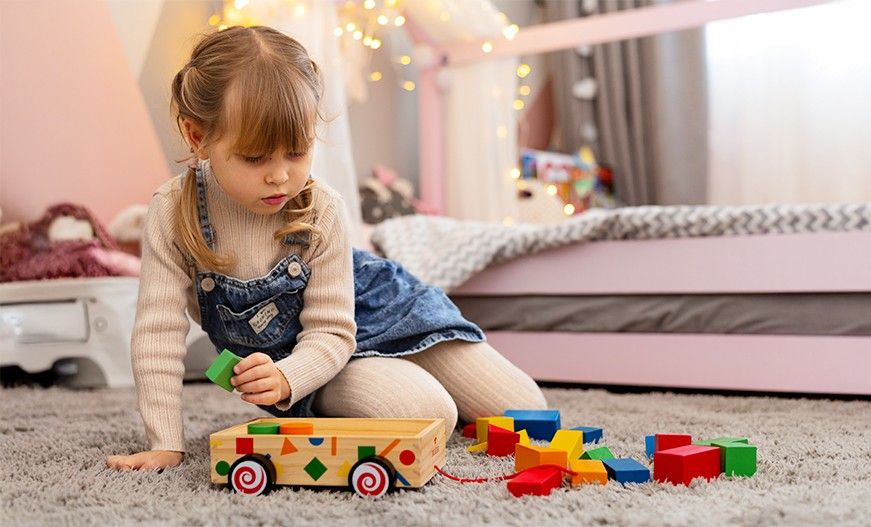
1. Alphabet Activities for Toddlers
Introducing the alphabet to toddlers can be both educational and entertaining with hands-on activities. Try letter-matching games such as Alphabet Matching Puzzle using flashcards or magnetic letters to encourage recognition. Create a sensory bin filled with alphabet blocks, where they can explore letters while developing fine motor skills. Singing the ABC song or tracing letters with finger paints adds a fun, interactive element. Engaging storytelling with books focused on letters further enhances learning. These playful approaches make it easy for toddlers to start recognizing and remembering their ABCs while having a great time.
2. Learning Activities for Toddlers
Some simple activities for toddlers at home like matching shapes, sorting colors, or identifying objects help build cognitive skills. Reading picture books enhances language development and imagination. Activities like counting toys, tracing letters, or exploring puzzles encourage problem-solving and fine motor skills. By making learning playful and interactive, you can nurture your toddler’s curiosity and love for discovering new things.
3. Sensory Activities for Toddlers
Sensory activities are perfect for stimulating a toddler’s senses and encouraging exploration. Playing with water, sand, slime or Play Sand allows them to feel different textures, enhancing their tactile development. Sensory bins filled with rice, beans, or small toys help develop fine motor skills and focus. Activities like finger painting, smelling flowers, or listening to calming music stimulate multiple senses, making learning and playing a delightful experience for toddlers.
4. Activity Toys for Toddlers
Activity toys are a wonderful way to keep toddlers entertained while supporting their development. Toys like Stacking Blocks, Shape Sorters, and Bead Mazes improve fine motor skills and hand-eye coordination. Ride-on toys and push walkers encourage physical activity and gross motor development. Musical toys, puzzles, and pretend playsets spark creativity and enhance cognitive abilities. These toys not only make playtime enjoyable but also create valuable opportunities for learning and growth.
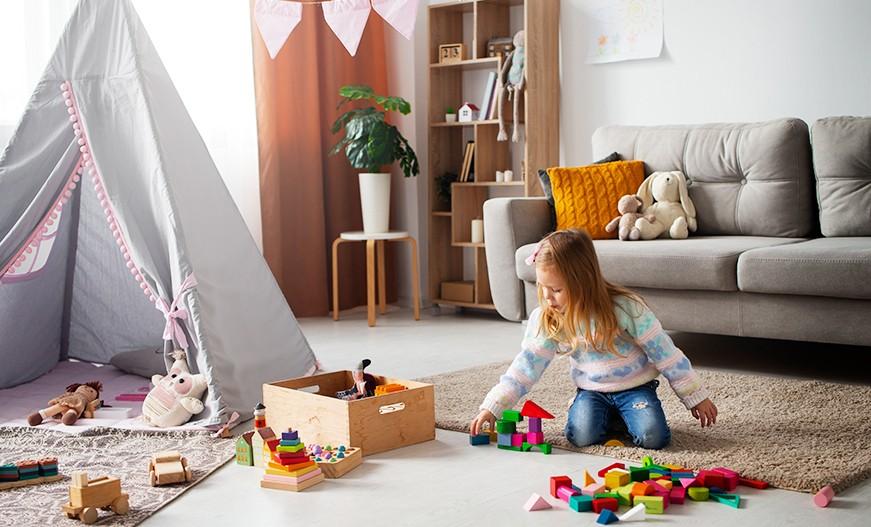
5. Body Parts Activities for Toddlers
Teaching toddlers about body parts can be fun. They can sing songs like “Head, Shoulders, Knees, and Toes” to help them learn through movement. Use flashcards or picture books to identify and name body parts. Play games like “Simon Says” to encourage active participation and recall. Hands-on activities like tracing their body outline or pointing to parts in a mirror reinforce learning while keeping them engaged.
6. Color Activities for Toddlers
Introduce colors to toddlers through play dough to learn and identify them easily. Parents can also use color sorting with blocks, or exploring colorful sensory bins to make learning interactive. Encourage creativity by using color flashcards or singing songs about colors. Simple tasks like matching colored objects help toddlers understand and enjoy the concept of colors.
7. Fine Motor Activities for Toddlers
Fine motor activities help toddlers develop the small muscles in their hands and fingers. Wrist Threading beads onto strings or using tongs to pick up small items improve hand-eye coordination and dexterity. Coloring, finger painting, and using playdough encourage creativity while building fine motor strength. These activities lay the foundation for essential skills like writing, drawing, and self-care tasks such as buttoning clothes.
8. Gross Motor Activities for Toddlers
Gross motor activities are essential for strengthening your toddler’s larger muscle groups. Parents can encourage them to run, jump, climb, or crawl through obstacle courses for physical fitness. Dancing, playing with balls, or riding tricycles improves coordination and balance. Simple outdoor games like chasing bubbles or hopscotch make gross motor skill development fun and engaging while promoting an active lifestyle.
9. Number Activities for Toddlers
Teaching numbers can be enjoyable with hands-on activities. Counting Toys, stacking numbered blocks, or placing objects into groups are great ways to introduce numbers. Singing number songs or using flashcards makes learning interactive. Games like matching numbers with quantities or tracing numbers in sand help toddlers grasp counting and early math skills in a playful and effective way. Number tracing trays, number blocks, spindle box (montessori toy) for numeracy.
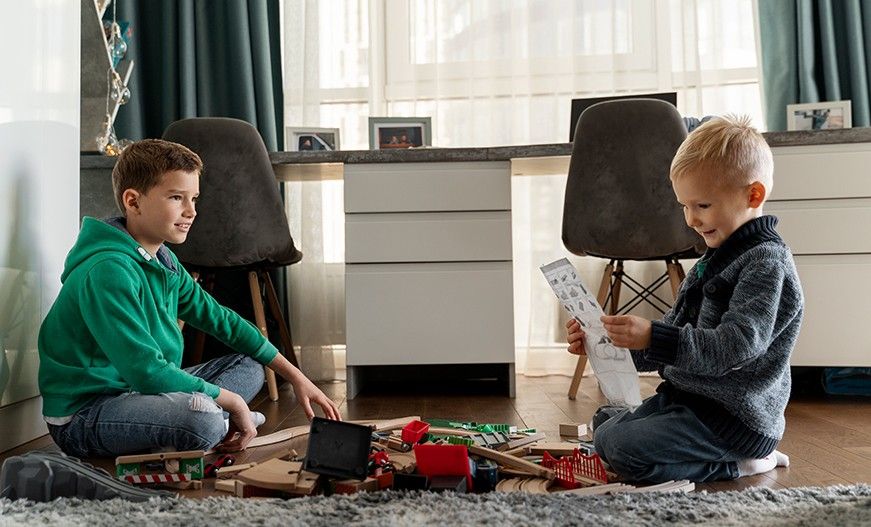
10. Shape Activities for Toddlers
Shape activities are a fun way to introduce toddlers to basic geometry. Parents can use shape sorters, puzzles, or foam shapes to help them identify and match different shapes. Drawing or tracing shapes on paper encourages fine motor skills. You can also use everyday objects, like plates or boxes, to teach shapes through hands-on exploration.
11. Painting Activities for Toddlers
Painting activities are perfect for fostering creativity and self-expression in toddlers. Finger painting allows them to explore colors and textures while improving fine motor skills. Use sponge shapes, brushes, or even natural objects like leaves to create art. Encourage them to paint freely or guide them to create simple designs. This activity enhances their imagination, helps them learn about colors, and builds hand-eye coordination.
12. Matching Activities for Toddlers
Matching activities help toddlers develop cognitive and memory skills. Use cards with pictures, colors, or shapes for Matching Toys. Everyday objects, like socks or lids with containers, can also be used for simple matching tasks. Puzzles with corresponding images or words are another effective tool. These activities strengthen their ability to recognize similarities and differences while keeping them entertained.
13. Montessori Activities for Toddlers
Montessori activities are designed to foster independence, curiosity, and hands-on learning. Simple tasks like transferring beans with a spoon or pouring water into cups develop fine motor skills and focus. Activities such as matching objects, sorting by color or size, using puzzles encourage or using Montessori Toys for problem-solving and critical thinking. Everyday chores like folding napkins or sweeping give toddlers a sense of responsibility and accomplishment, aligning with Montessori’s emphasis on practical life skills.
14. Friendship Activities for Toddlers
Friendship activities help toddlers learn social skills and build positive relationships. Encourage sharing through group play with toys or art supplies. Games like “Ring Around the Rosie” or taking turns during simple activities teach cooperation. Reading books about friendship and discussing feelings helps toddlers understand empathy. Playdates or collaborative tasks, such as building a block tower together, foster teamwork and create opportunities for making friends.
Note: Activities for toddlers should always be done under parental supervision.
Conclusion
Engaging in fun, interactive activities for toddlers at home fosters their growth, creativity, and learning while building valuable skills. Whether it’s sensory play, counting, or friendship-building games, these activities provide meaningful ways to connect with your child. Through simple, enjoyable tasks, toddlers can explore their world, develop confidence, and create lasting memories.
You May Also Like:
The Play Way Method – What And Why
Learn The Importance Of Indoor Games






